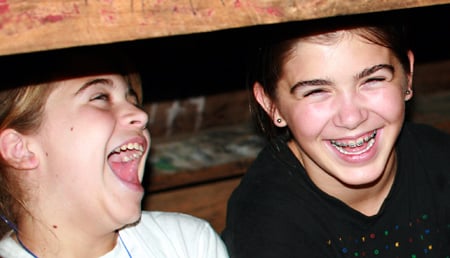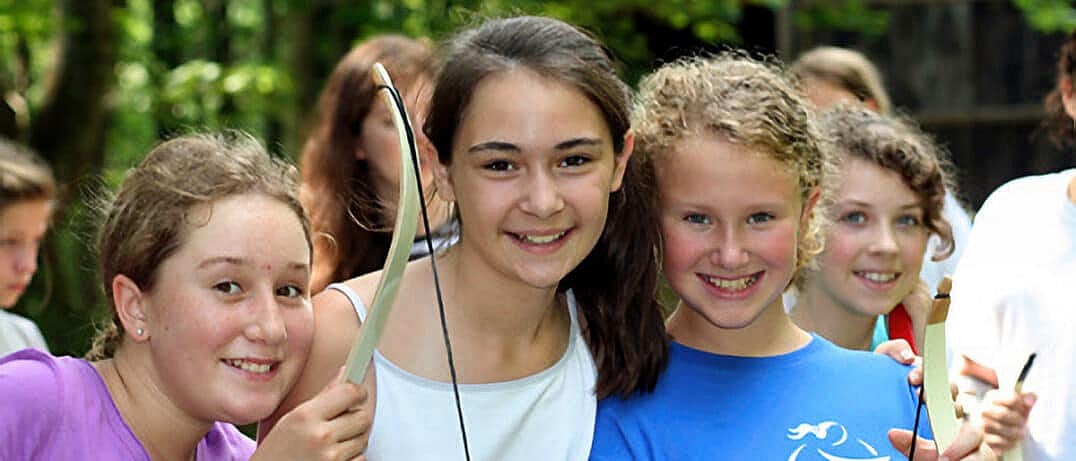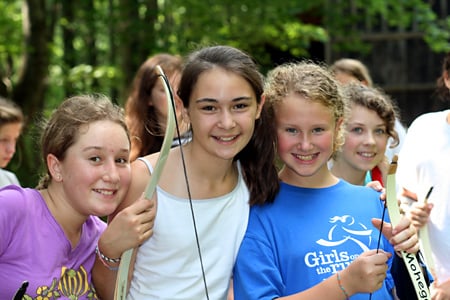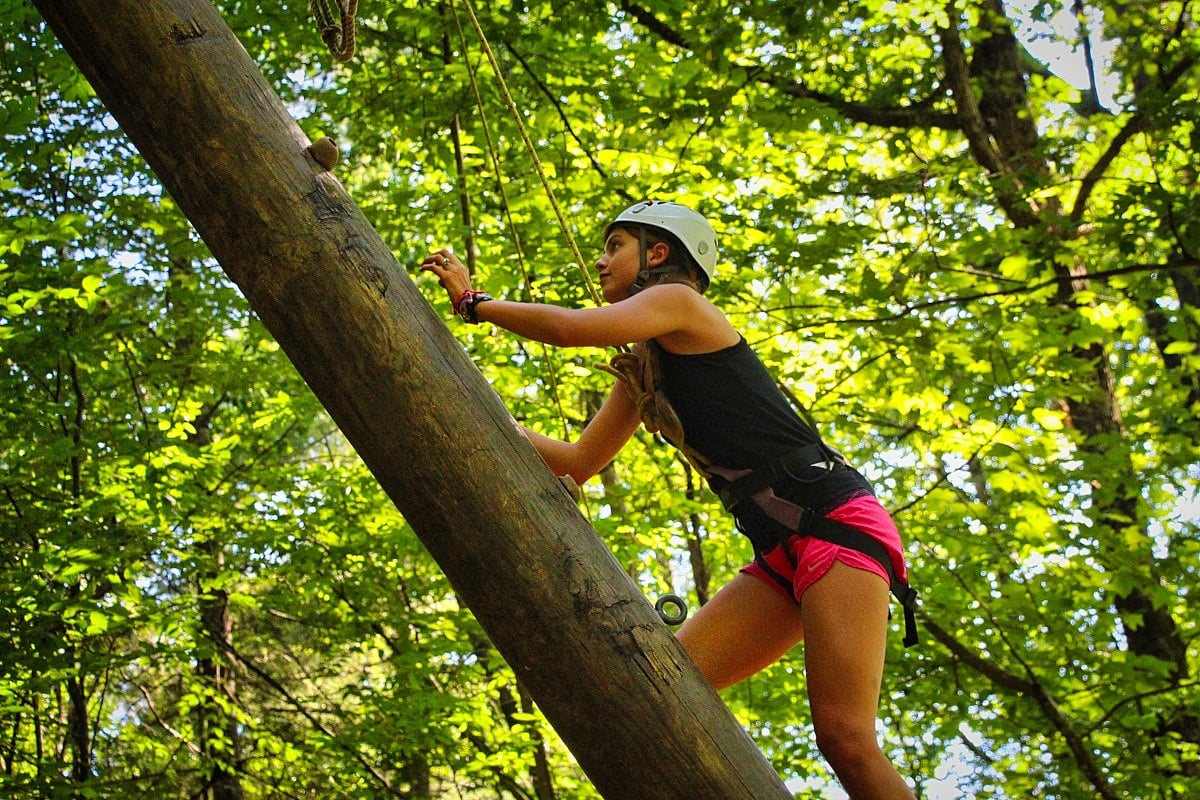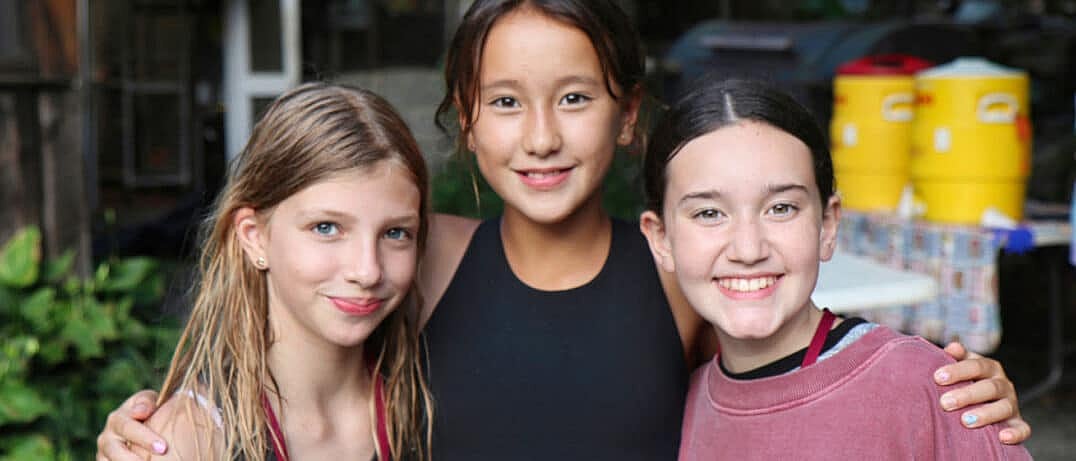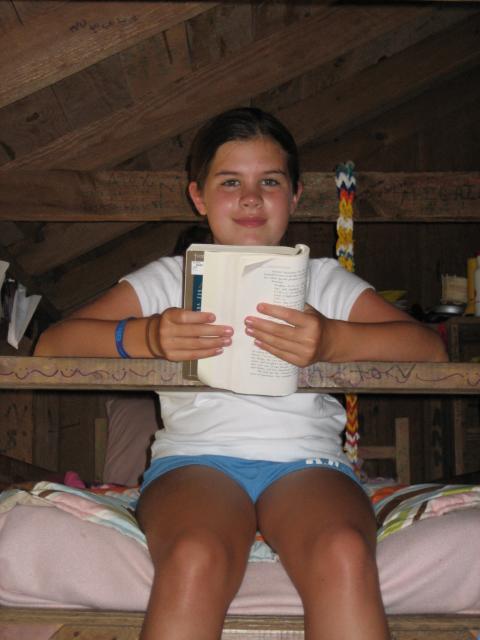How many Facebook “friends” do you have? And how many of them are also your “real” friends? Of those, how many do you actually see or talk to regularly? It’s a strange modern American phenomenon that paradoxically, we have loads of these kind of casual contacts, acquaintances and loose relationships, but also often feel profoundly on our own. As we spend more of our time plugged into the virtual world of the Internet (a rather solitary activity, after all), as we are encouraged to be uniquely independent and value our “freedom,” and as we are increasingly “on the move” to pursue professional, financial or lifestyle “opportunities,” we seem to have been quick to sacrifice real friendships.
Daniel Akst, in his essay “America: Land of Loners?” published last year in the Wilson Quarterly, clearly makes this point. He describes how for so many of us, a fierce dedication to independence and self-sufficiency is robbing from us an important form of human relationship that can’t be replaced by one’s spouse, immediate family members (e.g., children, siblings, etc.), or pets. Combine this with complex demands on everyone’s time— work, school, chores, etc. —and it’s easy to see how it’s become quite difficult to make and maintain close friends.
I suspect, also, that children aren’t entirely immune to this phenomenon. They too, though perhaps less so than adults, struggle with being overly busy, with spending a lot of their time alone or online, and with having fewer opportunities to meet new people and share common rewarding experiences. The ordinary lives of children today are generally less suited to building a strong network of close, true friends. This is worrisome, especially when you consider that the forces behind this trend will only get stronger as our children grow older and take on greater responsibilities.
Ah, thankfully, there is camp, that magical place were kids get to relax a bit, take a break from the pressures of school and try some new things just for the fun of it. It’s a place to meet new people, share wonderful experiences, and simply do a lot of things together. Camp gets them outside, away from the buzz and flicker of electronic media, and allows children to explore who they are and be their authentic selves. All of this is the ideal setting to develop real friendships, to connect with others in meaningful ways. Camp is where your real friends are. And everyone will tell you, you have to come back to camp every summer… to be with your friends.
Camp is a haven, a place where children can fulfill their need for true friends, and is something we all can use nowadays.
